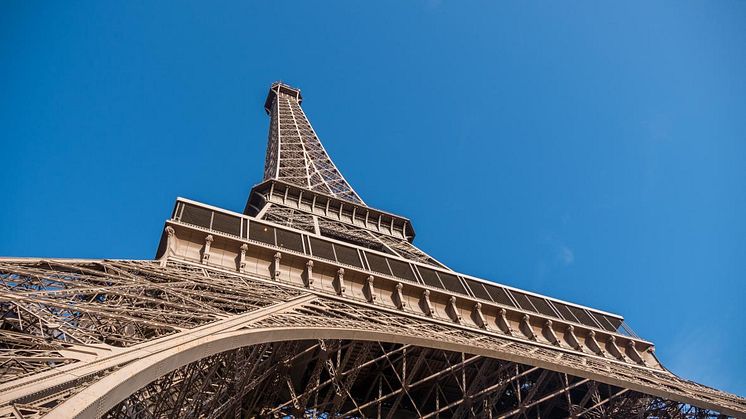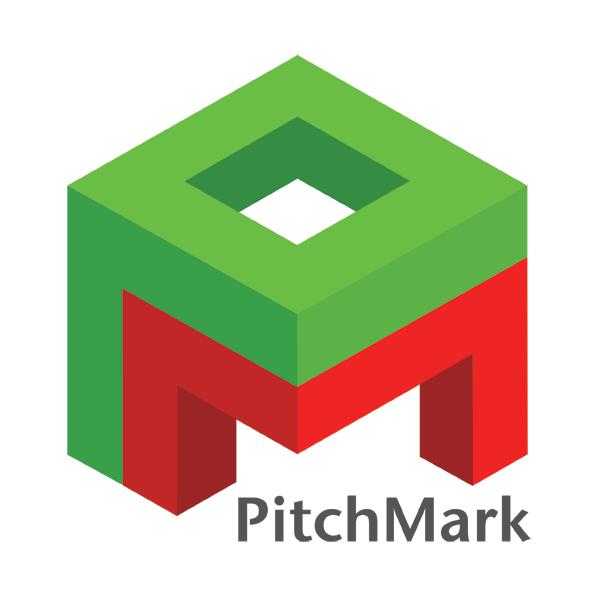
News -
It is illegal to share photos of the Eiffel Tower at night
Believe it or not, it is illegal to share photos of the Eiffel Tower…at night.
While it is not illegal to take photos of the landmark in Paris, it is considered copyright infringement if you take a photo and then attempt to profit from the photo. And you will be infringing upon copyright when you take and share photos of the Eiffel Tower at night, when its lights are on.
The reason for this is that although the image of the Eiffel Tower entered the public domain in 1993, the lights were installed only in 1985, and since they are considered a separate artistic work, it will be many more years before their copyright will lapse.
European Union copyright laws states that an artistic work—whether a song, painting, photo, video, or building—is covered for the lifetime of its creator, plus 70 years. For example, the Eiffel Tower's creator Gustave Eiffel died in 1923 so it entered the public domain in 1993. The laws in most countries also protect someone taking a photo of a city skyline, despite it containing some copyrighted buildings, as long as the copyrighted piece is not the focal point of the photo. This is called the "freedom of panorama" law.
But a loophole in the EU law allows member countries to opt out of "freedom of panorama". And France is one of those countries. Italy is another country that has opted out. So tourists cannot by law include more contemporary buildings like Renzo Piano’s Auditorium complex in their photos.
Besides that, famous sites such as Christ the Redeemer in Rio de Janeiro, Grauman’s Chinese Theater in Los Angeles, Radio City Music Hall in New York City, and St. Peter’s Basilica in Rome have copyright restrictions based around commercial and/or editorial usage. Drone laws are also increasingly being enforced. In 2016, several tourists were heavily fined for flying drones over the Colosseum in Rome.
And soon, most sites in the European Union will not fall under the "freedom of panorama" law. That is if the European Union has its way. The EU voted in September for a new copyright directive which includes requirements for major internet companies to pre-filter content being uploaded for copyright infringement, and the removal of freedom of panorama from all EU member states. This means photographers who want to take photos of the cityscape need to seek permission from the copyright owners of the buildings.
The debate about the freedom of panorama has two sides: that reproducing commercial works in the public space leads to an unfair deal for the artists. For example, Wikipedia could exploit an artist's works for commercial and not just for educational purposes without compensation. Facebook has smartly done away with compensating the artist for each commercial use of photos uploaded to its network by making its users responsible through its terms of service.
On the other hand, freedom of panorama represents a public sphere that exists for everybody's benefit. This means a building or sculpture receives the protection of the law, yet the reach of that protection ends where the protection of the public sphere begins. There is breathing space for those who express, who portray, who sculpt, who quote or who criticise.
While both sides have merit, we wonder how such a rule can be enforced. Do people have to crop out famous copyrighted buildings in their photos, or black it out?
Do you agree or disagree with the freedom of panorama? Comment below or on our Facebook page.

